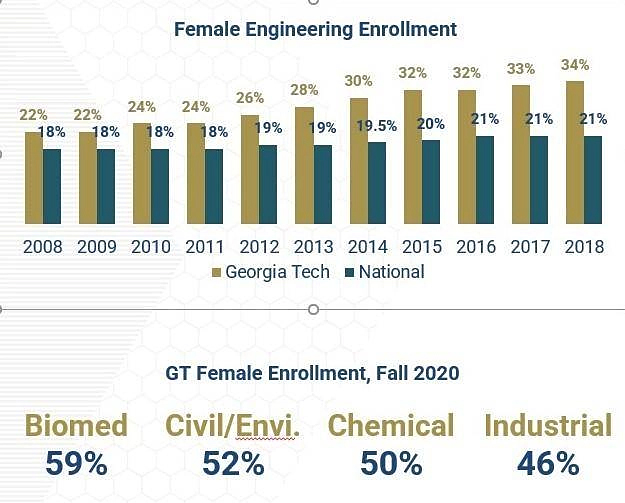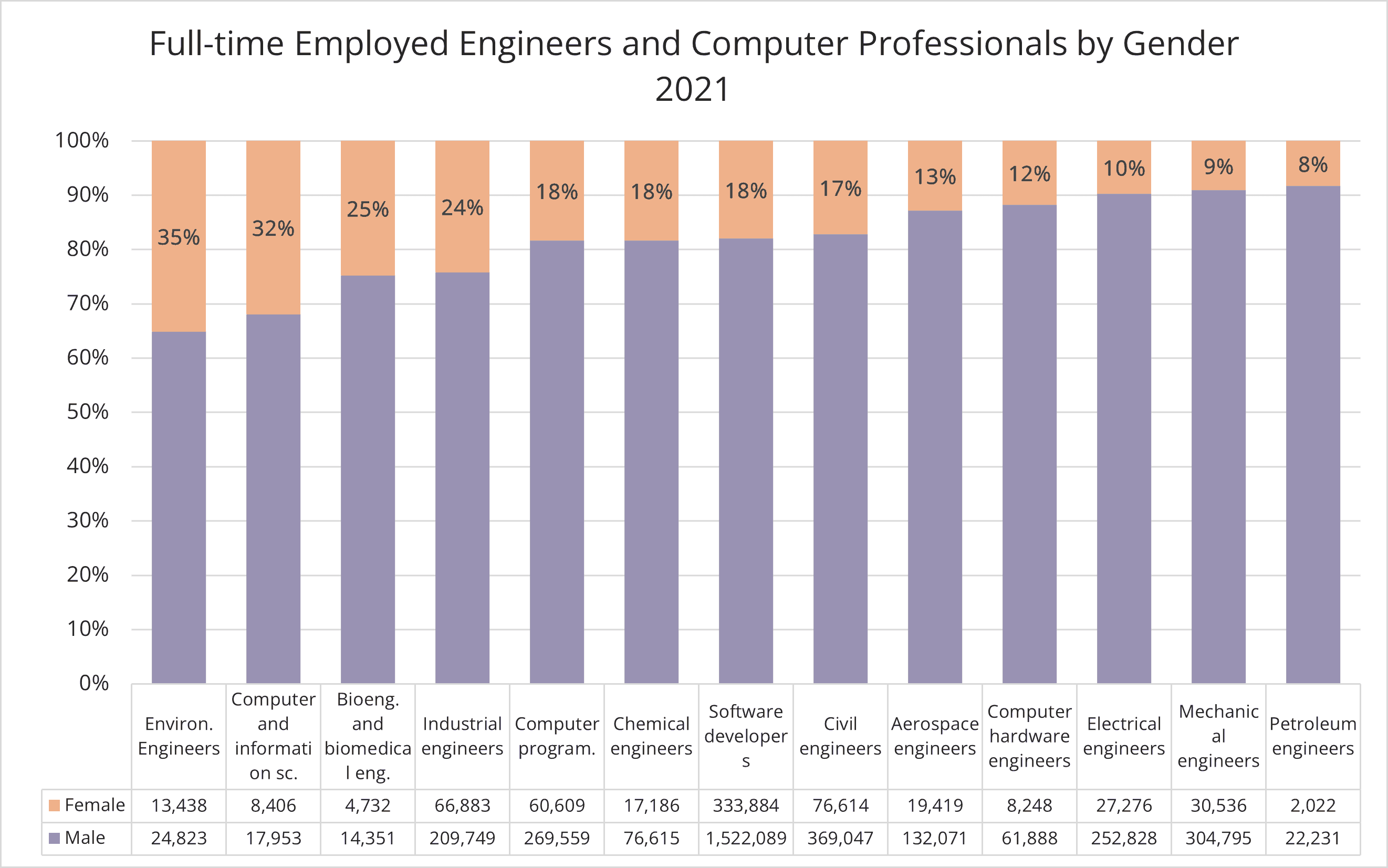
International Women in Engineering Day (INWED) is celebrated around the world to raise awareness about women pursuing engineering and transforming the world with their incredible achievements.
INWED was started in 2014 by the UK-based Women's Engineering Society. However, since its inception, INWED has grown exponentially, gathering global momentum and acting as a catalyst for conversation about gender disparity in engineering. Today, the celebration is recognized by hundreds of organizations across the globe, promoting both the powerful accomplishments of present-day female engineers and the vital role they will play in the future.

International Women in Engineering Day is not just about celebrating women who have shattered glass ceilings but also about nurturing the upcoming generation of female engineers. According to MIT, women compose only 28% of the STEM workforce. However, evidence is present of the changing landscape in classrooms worldwide. Increasingly, girls and young women are actively participating in science fairs, robotics competitions, and coding challenges, demonstrating that they have both the interest and capability to excel in these fields.
A leader in this effort is the Women in Engineering (WIE) program at Georgia Tech. The Georgia Tech Women in Engineering (WIE) program is "dedicated to recruiting top students into engineering majors and, once enrolled, assisting them to achieve their fullest potential as engineers and leaders."
This INWED, let's not only celebrate the extraordinary achievements of women engineers, but also pledge to continue supporting gender diversity in engineering and all STEM-related fields. While it is crucial to recognize the significant contributions of women engineers on this day, it's equally important to champion for change throughout the year.

Writer: Christopher Weems
GTRI Communications
Georgia Tech Research Institute
Atlanta, Georgia
The Georgia Tech Research Institute (GTRI) is the nonprofit, applied research division of the Georgia Institute of Technology (Georgia Tech). Founded in 1934 as the Engineering Experiment Station, GTRI has grown to more than 2,900 employees, supporting eight laboratories in over 20 locations around the country and performing more than $800 million of problem-solving research annually for government and industry. GTRI's renowned researchers combine science, engineering, economics, policy, and technical expertise to solve complex problems for the U.S. federal government, state, and industry.





